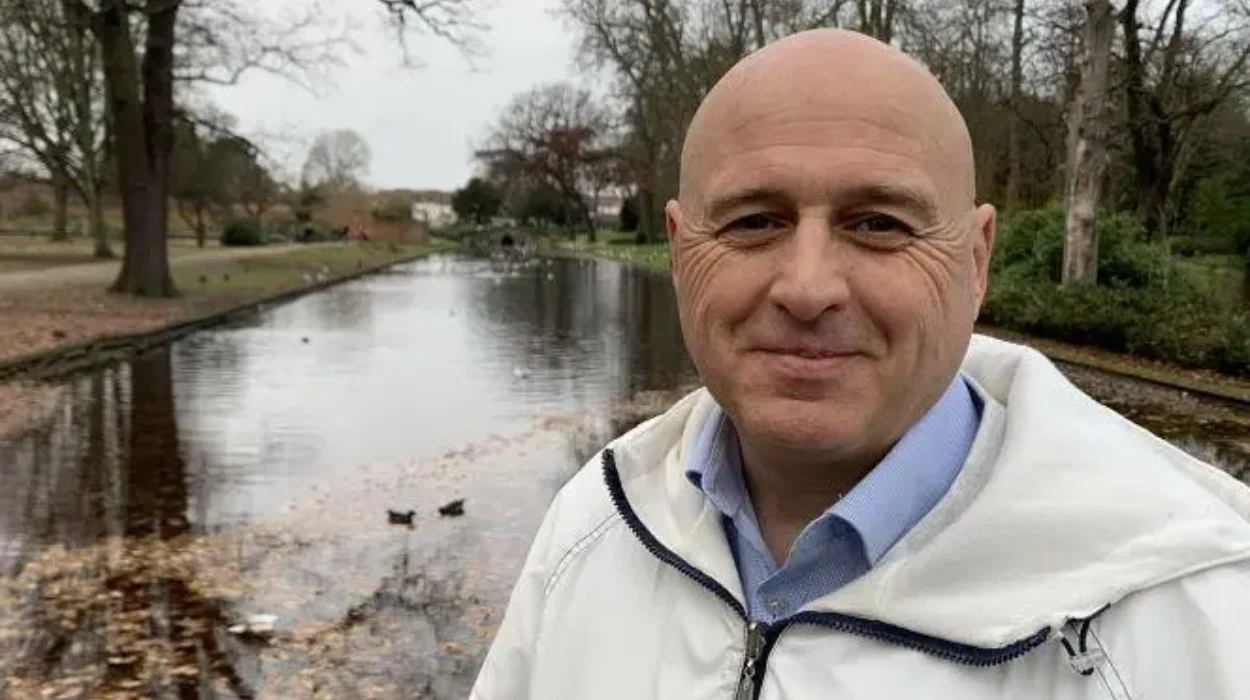Key Points
- Keith Prince, London Assembly Member for Havering and Redbridge and Havering councillor, defects from the Conservative Party to Reform UK after 49 years in the Tories.
- Prince served as leader of Redbridge Borough Council (2009–2014) and led Havering Conservatives (2023–2025) before quitting the Tory group.
- Reform UK, led by Nigel Farage, now has two members in the London Assembly, forming an official group for the first time.
- Prince criticised the Conservative Party as “done and dusted” and no longer an effective opposition to the Labour government.
- Nigel Farage welcomed Prince, emphasising Reform UK’s growing momentum in London ahead of local elections next May.
- The defection draws political scrutiny and comments from Conservative and Labour figures, highlighting tensions around party leadership and policy positions.
- This shift happens just before the Conservative Party Conference in Manchester, following previous Tory defections to Reform UK.
What led Keith Prince to leave the Conservative Party after nearly 50 years?
As reported by The Havering Daily, Keith Prince, who has been a Conservative member for almost five decades, announced his defection to Reform UK on October 3, 2025. Prince, currently the London Assembly Member for Havering and Redbridge and a councillor in Havering, said:
- Key Points
- What led Keith Prince to leave the Conservative Party after nearly 50 years?
- How significant is Reform UK’s presence in the London Assembly following Prince’s defection?
- What political reactions followed Prince’s defection?
- How does this defection impact the Conservative Party and its leadership under Kemi Badenoch?
- What historical and local context influences the political dynamics in Havering?
- What does this defection mean for future London local elections?
“I am delighted that from today I will be sitting as a Reform UK member on the London Assembly. The Conservative party is done and dusted. While it may have served a purpose once, it is no longer an effective opposition to this failing Labour government. Reform UK is the only party speaking for ordinary, patriotic working people and I’m excited to be part of its future.”
Prior to his defection, Prince had a lengthy and notable career in Tory politics, including leadership of Redbridge Borough Council from 2009 to 2014 and Havering Conservatives from 2023 until January 2025, when he stepped down reportedly due to personal and professional changes. According to OnLondon, Prince had already appeared more aligned with the right wing of the party and had supported other right-leaning figures who later joined Reform UK.
How significant is Reform UK’s presence in the London Assembly following Prince’s defection?
With Keith Prince joining Alex Wilson, Reform UK now has two members on the Greater London Assembly, granting the party official group status for the first time. This development allows Reform UK to receive committee seats proportional to their representation.
BBC News explains that the assembly consists of 25 members, and since Prince’s defection, the composition is 11 Labour, 7 Conservative, 3 Green, 2 Liberal Democrat, and 2 Reform UK members. Nigel Farage, leader of Reform UK, hailed Prince’s arrival as historic for the party’s growth in London politics.
Farage stated:
“This is a historic moment for the party. With Keith’s defection, Reform UK now have an official group on the London Assembly for the first time. Our impressive progress in London continues, and we are building our momentum ahead of London’s local elections next May.”
What political reactions followed Prince’s defection?
The Conservative Party and Labour responded critically to the news of Prince’s defection. Shadow Home Secretary Chris Philp, interviewed by the BBC, suggested the Reform UK party relies on slogans and lacks serious policy depth, contrasting Reform UK’s positions with the Conservatives’ more detailed legal and diplomatic work on issues like the Belfast Good Friday Agreement and border control.
A Labour Party spokesperson used the occasion to critique Tory leadership, saying:
“Kemi Badenoch has adopted policies she once opposed because she is too weak to stand up to her own party in the face of Reform. While the Tories and Reform fight amongst themselves, this Labour Government is cracking down on people-smuggling gangs, deporting foreign criminals, and bringing forward workable and decisive solutions to bring order to Britain’s borders.”
How does this defection impact the Conservative Party and its leadership under Kemi Badenoch?
The defection of Keith Prince is seen as a blow to the Conservative leadership, particularly Kemi Badenoch, the party leader in London. London Loves Business describes it as a significant setback for Badenoch’s efforts to unify and lead the party, coming just before the Conservative Party Conference in Manchester.
Prince stepping down as transport spokesman for the City Hall Conservatives earlier in the week signalled his growing disenchantment. The Telegraph notes his view that the Conservative Party has effectively “run its course” and failed to oppose the Labour Government efficiently, prompting his move to Reform UK.
OnLondon’s analysis contextualises Prince’s decision within the unique electoral climate of Havering, where local Residents’ Associations challenge Conservative dominance and Reform UK makes inroads, suggesting the Right wing future may be “Reform” rather than Tory.
What historical and local context influences the political dynamics in Havering?
Havering has a distinctive political landscape with a strong presence of local Residents’ Associations that outperformed Conservatives in the 2022 borough elections, leading to a non-political group forming council leadership. This local dynamic affects party politics.
Farage’s Reform UK has previously seen success in Havering, winning multiple council seats through UKIP historically and posting strong performances recently. Local MPs like Julia Lopez and Andrew Rosindell faced strong Reform UK challenges in elections, reflecting shifting voter sentiments.
Keith Prince’s move, therefore, carries importance both locally and across London’s political scene.
What does this defection mean for future London local elections?
Reform UK’s growing presence, as highlighted by Farage, suggests the party is positioning itself as a viable alternative on the right of London politics ahead of the local elections in May 2026. The official group status in the Assembly could enhance their visibility and influence in policy debates.
Prince joining the party adds an experienced politician to Reform UK’s ranks, potentially attracting further defections or support among disillusioned Conservative voters and councillors in key London boroughs like Havering and Redbridge.



